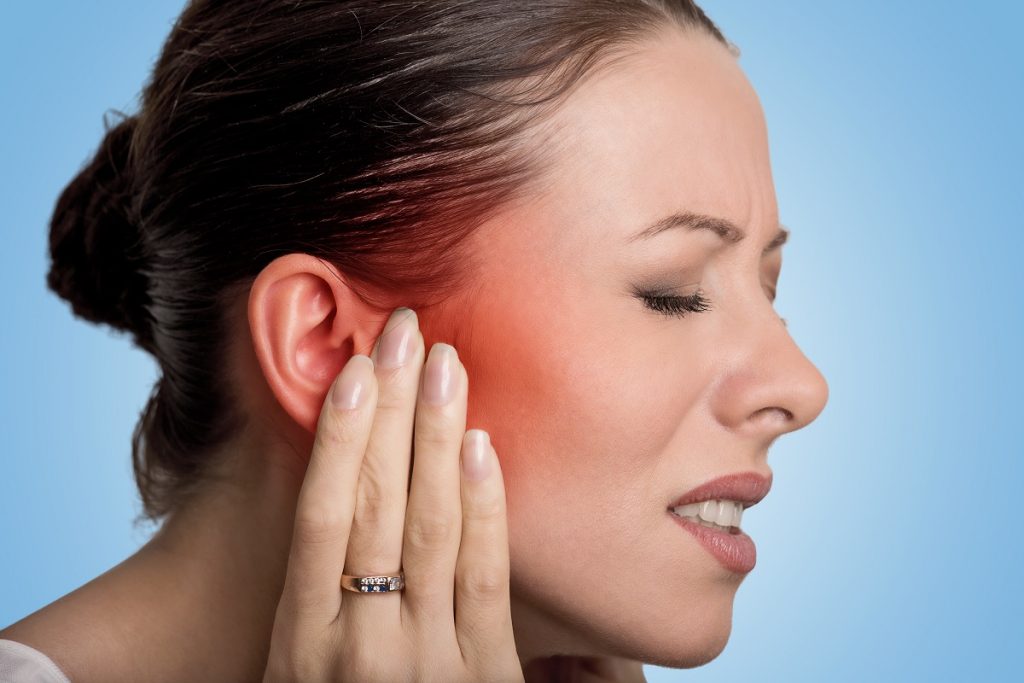- Loud noise exposure is a common cause of hearing loss; use earplugs or keep volumes low.
- Regular check-ups with a healthcare professional can help detect early signs of hearing loss.
- Healthy lifestyle choices, including good ear hygiene and quitting smoking, can significantly enhance ear health.
- A balanced diet and proactive management of health conditions can prevent damage to the ears.
Having good hearing is essential to people’s daily lives. It allows you to communicate with friends, listen to music, and be aware of your surroundings. Unfortunately, hearing loss can occur due to age, noise exposure, and other factors. However, there are ways to prevent and manage hearing loss. This blog will discuss essential tips for better hearing and care for your ear health.
Protect Your Ears
One of the most common causes of hearing loss is exposure to loud noise. Whether it’s from concerts, power tools, or other sources, loud noise can damage the delicate structures in the ear. To prevent this, wear earplugs or noise-canceling headphones when you’re in noisy environments. Additionally, keep the volume on your headphones or earbuds at a reasonable level to avoid damaging your hearing.
Routine Ear Check-Ups
Regular check-ups with your audiologist or doctor can help detect hearing problems early. Getting routine checks ensures if any hearing loss or hearing-related problems are detected early enough, they can be treated before they get worse. Your doctor or audiologist can also provide tips for protecting your hearing.
Practice Good Ear Hygiene
Cleaning your ears is important for preventing infections and other ear problems. However, it is essential not to overdo it. Do not insert anything into your ear canal, as this can cause damage. Instead, clean the ear’s outer part with a warm, damp washcloth.
Quit Smoking
Smoking is harmful to the ear and can cause irreparable harm. It has been linked to hearing loss and tinnitus. Tinnitus is a ringing in the ear, which affects some smokers. Quitting smoking is the best thing you can do for your overall health and your ear health.
Exercise Scientific Eating Habits
Nutrition can play a role in hearing loss and ear health. Eating a balanced diet can provide the essential vitamins and minerals that help maintain your hearing sense. Try to incorporate foods that are rich in the following four for better ear health:
Vitamin C

Vitamin C can help prevent age-related hearing loss. Foods high in vitamin C include oranges, kiwis, and strawberries. Vitamin C is also essential for maintaining a healthy immune system, which can help prevent ear infections.
Vitamin E
Vitamin E is an antioxidant that helps protect against cell damage in the ear. Nuts, seeds, and leafy green vegetables are excellent sources of vitamin E. Vitamin E can also improve blood flow and circulation, which is crucial for maintaining healthy ears.
Magnesium
Magnesium helps regulate blood flow and protects against noise-induced hearing loss. Green vegetables, legumes, nuts, and whole grains are all excellent sources of magnesium.
Zinc
Zinc is essential for the inner ear’s functioning and can help prevent age-related hearing loss. Foods high in zinc include seafood, meat, dairy products, and legumes. Zinc supplements can also be beneficial for those with zinc deficiency.
With a healthy diet, you can also reduce your risk of developing other health issues that can indirectly affect your hearing.
Treat Any Existing Health Issues
Certain health conditions like diabetes and cardiovascular disease have been linked to hearing loss. It is crucial to manage these conditions to prevent damage to the ears. Seek medical help if you are experiencing any symptoms or have a diagnosed health issue that could potentially impact your hearing. You may also need to adjust your lifestyle and habits to manage these conditions effectively.
Try Ear Microsuction

Microsuction is a secure and efficient approach for eliminating earwax found in the ear canal. It involves using a small, gentle suction device under a microscope to remove any buildup without causing damage to the delicate structures in the ear. If you experience frequent earwax buildup or have difficulty hearing due to excessive wax, you can get a private ear microsuction at a trusted audiologist’s office. They can also provide you with advice on how to maintain good ear hygiene.
Maintaining good hearing and ear health requires a multipronged approach that includes safeguarding your ears from loud noises, ensuring regular check-ups, practicing good ear hygiene, leading a healthy lifestyle, consuming a balanced diet, managing underlying health conditions, and considering treatments like ear microsuction if needed.
Remember, your hearing is precious, and it’s never too late to start taking steps to protect it. Always consult with a healthcare professional if you have any concerns about your hearing or ear health. Value the gift of hearing and ensure its longevity by implementing these practical tips in your life.


